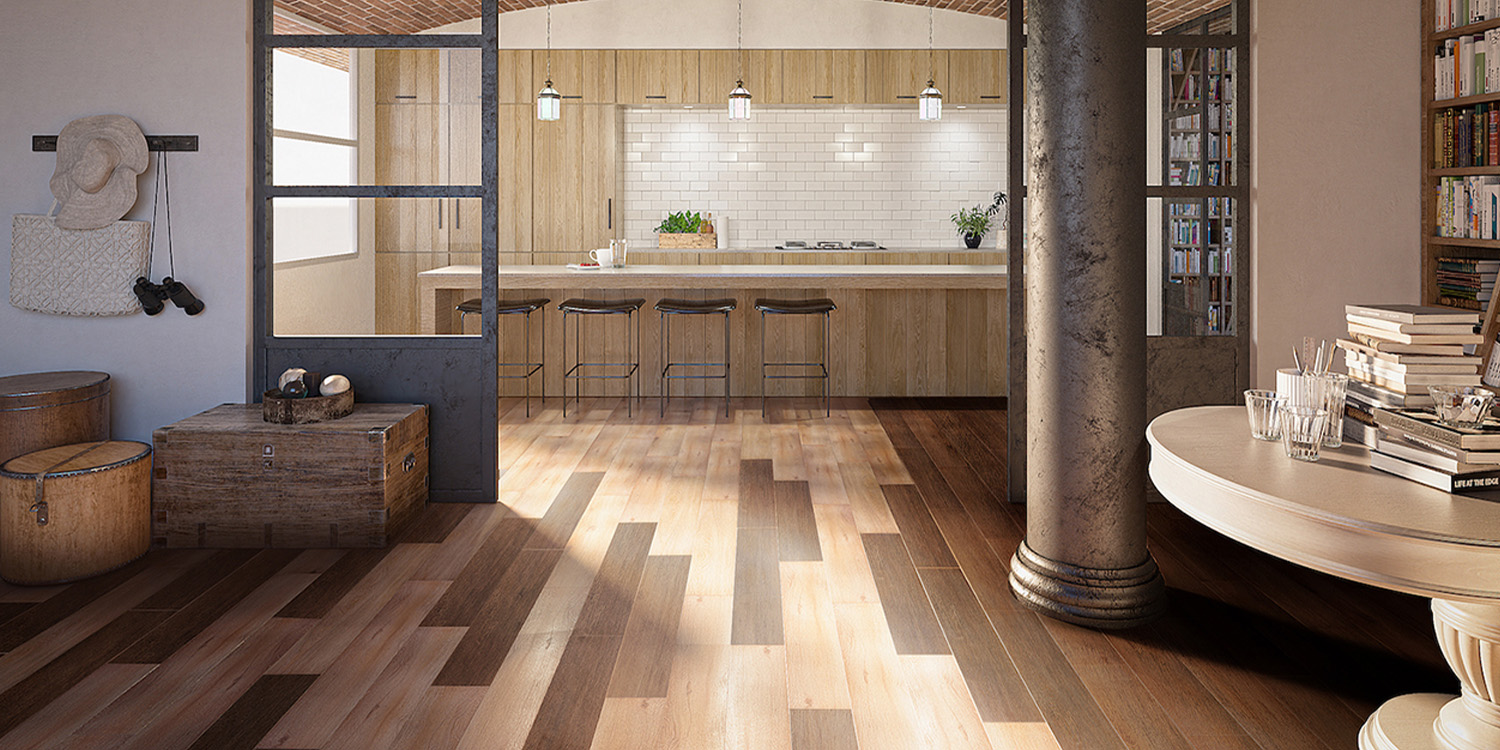Luxury vinyl tile (LVT) and luxury vinyl plank (LVP) flooring have become increasingly popular in recent years due to their durability, low maintenance, and versatility. While both types of flooring share some similarities, they also have distinct differences that make them better suited for different applications.
LVT flooring is designed to mimic the look and texture of natural stone or ceramic tile. It comes in individual tiles that are typically square-shaped and can be installed with or without grout lines. LVT is a popular choice for bathrooms, kitchens, and other areas that are prone to moisture, as it is water-resistant and easy to clean. It is also relatively thin, making it a good option for spaces with low clearance or where transitioning to another type of flooring is necessary.
LVP flooring, on the other hand, is designed to mimic the look and texture of hardwood flooring. It comes in individual planks that are typically rectangular in shape and can be installed with or without adhesive. LVP is a popular choice for living rooms, bedrooms, and other areas where a wood-like appearance is desired, but the maintenance requirements of hardwood are not practical. It is also thicker than LVT, providing a more substantial feel underfoot.
Both LVT and LVP have their pros and cons. Here are some of the key factors to consider when choosing between the two:
Appearance: LVT flooring is available in a wider range of colors and patterns, making it easier to find a design that matches your style. LVP, on the other hand, is limited in its color and texture options but can provide a more realistic wood-like appearance.
Durability: Both LVT and LVP are extremely durable and resistant to scratches, stains, and fading. However, LVP is slightly more durable than LVT due to its thicker wear layer.
Installation: Both LVT and LVP are relatively easy to install, and can be done as a DIY project with some basic tools. However, LVT is typically easier to install than LVP, as it requires less cutting and fitting.
Cost: LVT and LVP are both relatively affordable compared to other flooring options such as hardwood or ceramic tile. However, LVT is generally less expensive than LVP due to its thinner construction.
Maintenance: Both LVT and LVP are low maintenance and easy to clean. However, LVP requires occasional refinishing to maintain its appearance, while LVT does not.
Environmental impact: Both LVT and LVP are made from synthetic materials and are not biodegradable. However, LVT is generally considered to be more environmentally friendly than LVP due to its thinner construction and use of recycled materials.
In conclusion, both LVT and LVP have their advantages and disadvantages, and the choice between the two ultimately comes down to personal preference and the needs of your space. While LVT may be a better choice for areas with moisture or low clearance, LVP may be a better choice for areas where a realistic wood-like appearance is desired. Ultimately, whichever option you choose, luxury vinyl flooring can provide a durable, low-maintenance, and cost-effective flooring solution for your home.
Hiring North Dallas Flooring for your LVT or LVP projects is a smart decision for a number of reasons. Firstly, North Dallas Flooring is a reputable company with a wealth of experience in the industry. Their team of skilled professionals is trained to provide high-quality flooring installation services, ensuring that your project is completed efficiently and to the highest standards.
Additionally, North Dallas Flooring offers a wide range of LVT and LVP products to choose from, making it easy to find the perfect flooring solution for your space. Their team of experts can help you navigate the selection process and provide valuable advice on which type of flooring is best suited for your needs. With competitive pricing and a commitment to customer satisfaction, North Dallas Flooring is a reliable and trustworthy partner for all your flooring needs.

